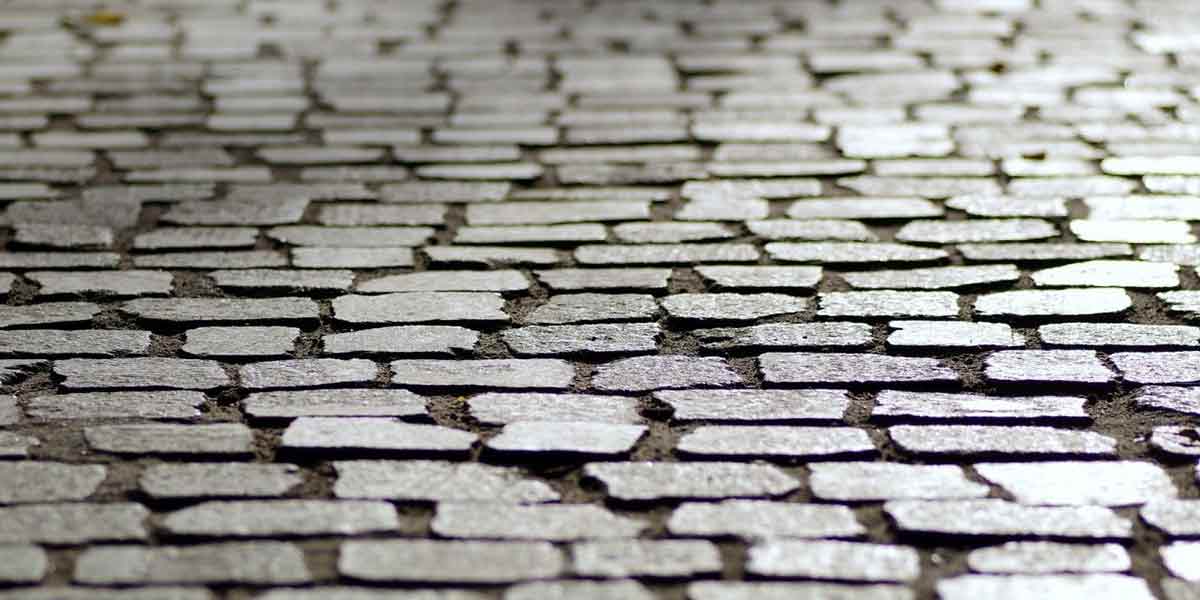Many people own both commercial and residential real estate in New York. This is a good idea, but when it comes to asset protection for this form of property, there is a huge problem due to the liabilities that they face.
Let us look at the various obligations and how they affect the property.

Owning Premises in Your Name
In New York, the copies of the deeds to real estate are usually recorded in the public records. Any person interested in the deed can see who the owner of the property is by heading to the office.
The loan on the property can be accessible as well. The record will show the initial balance and the date the repayments began. All a person has to do is to look at your repayment history and the current value of your house. He does some calculations and bingo! He knows whether to sue you or not.
So, what should you do? First, don’t title real estate property in your name. Instead, do this in a corporation, limited liability company, or a trust. Establishing a land trust for the property will conceal your identity to the masses, and no one knows the owner of the property except you, the executor, and the lawyer.
Failing to Secure Your Property
Talk to any asset protection lawyer, and they will tell you that most of the lawsuits that come up in properties relate to accidents.If you own a building, it is ideal that you keep it free from any debris or obstacles that might cause injury. If the commercial building has a storefront, then keep the sidewalk free from snow, debris, and ice.If the rental property you own has a swimming pool, then it is your legal obligation to have a fence around the property. You need to look at the ordinances in New York to understand the type and size of the fence. If a child drowns in the swimming pool that you haven’t fenced yet, you will face a tough lawsuit.
You also need to remove any “attractive nuisances” that attract little kids. Remember that kids don’t appreciate any dangers involved with something that attracts them. For instance, they will rush to a running lawnmower left unattended in your backyard.
You might think that the walkway on your property is an excellent idea to keep your neighbors happy, but the day a person gets injured on the walkways will be the day that you will understand that you are liable for any injury on the walkway.
Overhanging Branches
Be wary of any branches that are hanging over the neighbor’s fence. This is because if the branches snap or cause an injury in any other way, then you are liable for the damages. If the tree is close to the boundary, the ownership is determined by which side of the boundary the trunk is.Criminal Activity
When you own rental property, you must take all your potential tenants through a vetting system. You also need to teach your manager the essence of knowing who they are renting the property to.If criminal activities occur on the premises, you will be liable for the damages that occur. This applies even when the crime was perpetrated by an outsider.If you have security issues on the premises time and again, it is ideal that you have a security plan in place.
Environmental Liability
Before you purchase that building or commercial business premises, you need to have a pre-purchase inspection performed. Make sure one of the aspects of the inspection relates to the environmental impact of the building to its surroundings.You are held responsible for any environmental cleanups, even if you didn’t cause the condition. If the violations are within a business premise, then the directors and officers can be held personally liable and be fined.Additionally, you need to be aware of the laws in New York relating to the use of lead-based paints if you are selling or renting out the property.
Asset protection requires that you don’t put your business premises or building in jeopardy at any time. Make sure you work with an asset protection lawyer to understand what you stand to gain or lose depending on a step that you take.
Protect Your Real Estate Property
If you don’t act now, you might find yourself losing your property to repossessions. Take time to talk to a New York asset protection attorney to help you come up with the perfect plan for protecting your ownership.






